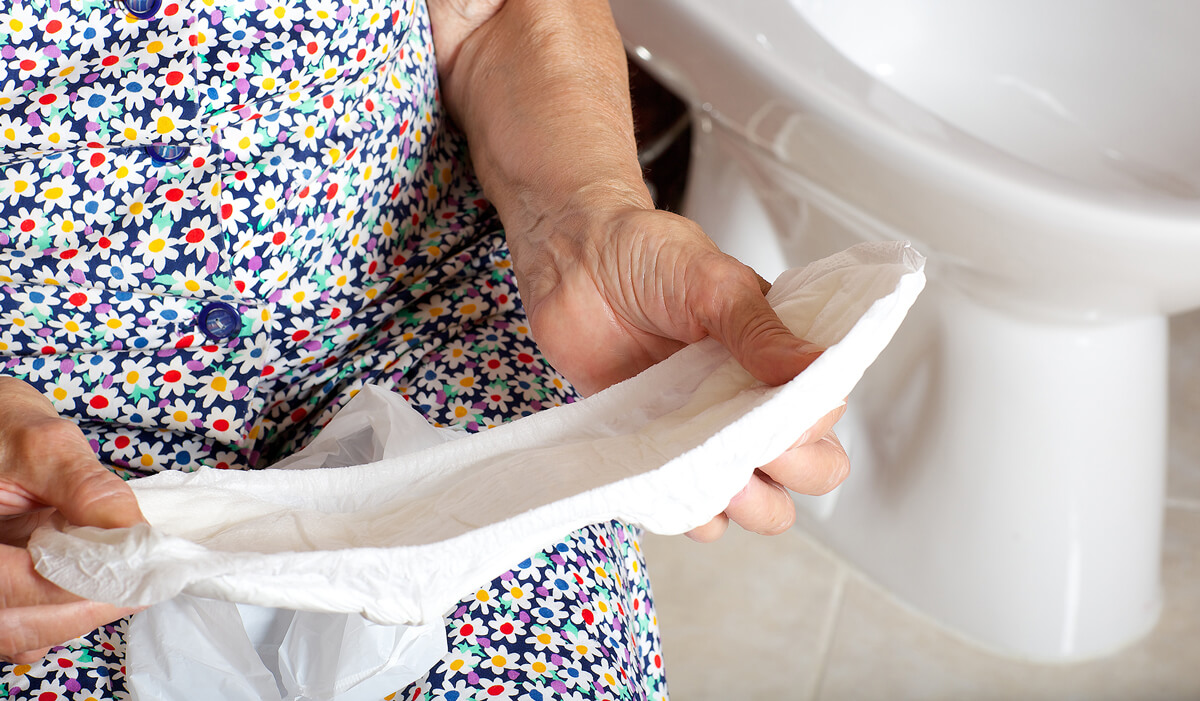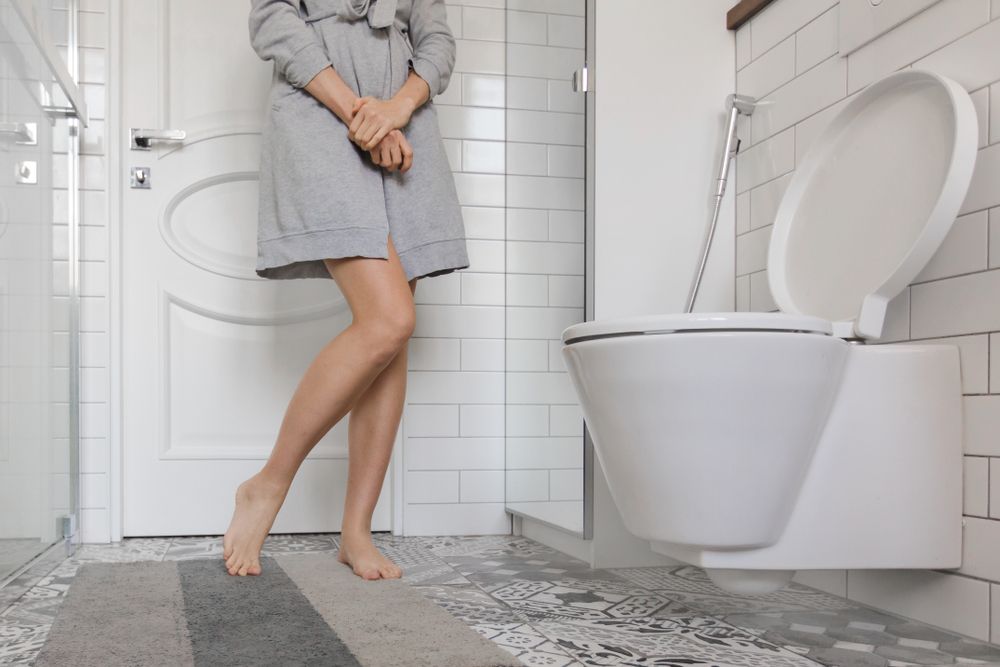Many people experience urinary incontinence, or the loss of control over their bladder, at some point in their lives. Though it is often thought of as a problem that affects only older adults, incontinence can actually happen to anyone. It is important to know that there are treatments available to help you regain control.
What is Incontinence?

Incontinence is a medical condition in which a person cannot control their urinary or bowel movements. This can be caused by a variety of things, including muscle weakness, nerve damage, and other medical conditions. Incontinence can be a temporary or chronic problem.
There are many treatments available for incontinence, and the prognosis varies depending on the cause of the problem. In some cases, incontinence may go away on its own with time. In other cases, it may be necessary to seek medical treatment in order to control the problem. When it comes to how to treat incontinence, there is no one-size-fits-all answer. The best course of treatment will depend on the individual case.
The Types of Incontinence
There are four main types of incontinence:
- Urge incontinence: This is when you feel the sudden, strong need to urinate and can’t hold it in.
- Stress incontinence: This is when urine leaks out when you cough, laugh, sneeze, or do any other activity that puts pressure on your bladder.
- Functional incontinence: This is when a physical or mental condition makes it hard for you to get to the bathroom in time.
- Overflow incontinence: This is when your bladder can’t empty all the way, so urine leaks out even when you don’t feel the urge to go.
Causes of Incontinence

There are many potential causes of incontinence, including physical abnormalities, nerve damage, and muscle weakness. Other potential causes include medications, alcohol abuse, and pregnancy. Treatment for incontinence will vary depending on the underlying cause.
Incontinence can have many different causes. Some causes are temporary and will go away on their own, while others are more serious and may require treatment.
Some common causes of incontinence include:
- Infection: A urinary tract infection (UTI) can cause urge incontinence. This happens because the infection irritates your bladder, making you feel the need to go more often.
- Diarrhea: Having loose, watery stools can irritate your rectum and make you leak urine.
- Pregnancy or childbirth: Pregnancy can weaken the muscles around your bladder and urethra. Childbirth can also damage these muscles or the nerves that control them. These changes can lead to stress incontinence.
- Menopause: Estrogen helps keep the lining of your bladder and urethra healthy. During menopause, your body makes less estrogen, which can thin these tissues and make them weaker. This can lead to stress incontinence.
- Enlarged prostate: An enlarged prostate is a common problem for older men. It can block the flow of urine from your bladder and cause overflow incont
How Long Does it Take for Incontinence to Go Away?

There is no one answer to this question as the length of time it takes for incontinence to go away can vary depending on the individual. However, with the right treatment and management, most people are able to control their incontinence and live relatively normal lives.
If you are experiencing incontinence, it is important to see a doctor so that they can determine the underlying cause and recommend the best treatment for you. In many cases, incontinence is a treatable condition.
Treatments for Incontinence

If you are experiencing incontinence, there are treatments available that can help. The type of treatment will depend on the severity of your incontinence and the underlying cause.
Incontinence can be a nuisance, but there are treatments available to help lessen the symptoms and improve your quality of life. If you are experiencing incontinence, talk to your doctor about what treatment options are available to you. There are a number of treatments available for incontinence, and the best course of treatment will vary depending on the individual. Some common treatments include:
– Pelvic floor muscle exercises: These exercises can help to strengthen the muscles that support the bladder and may help to improve or even eliminate incontinence.
– Weight loss: For those who are overweight or obese, losing weight can often reduce or eliminate incontinence.
– Bladder training: This involves gradually increasing the amount of time between bathroom visits. Over time, this can help to increase the capacity of the bladder and reduce incontinence.
– Medications: There are a number of medications that can be used to treat incontinence, including anticholinergics, beta-3 agonists, and botulinum toxin injections.
– Surgery: In some cases, surgery may be necessary to treat incontinence. Options include sling procedures, artificial urinary sphincter implants, and sacral nerve stimulation.
When to See a Doctor for Incontinence?

If you’re experiencing any sort of urinary incontinence, it’s important to see a doctor. Depending on the cause of your incontinence, there are a variety of treatment options available. In some cases, incontinence may go away on its own. However, if your incontinence is caused by an underlying medical condition, it’s important to get treatment in order to prevent further complications.
If you’re experiencing any of the following symptoms, it’s important to see a doctor:
– Frequent urination (more than eight times per day)
– Urgency (a strong need to urinate that can’t be delayed)
– Incontinence (urine leakage)
– Pain during urination
– Blood in the urine
– Changes in urinary habits (frequency, urgency, or leakage)
Conclusion
There is no one answer to the question of how long it takes for incontinence to go away. The length of time will vary depending on the individual, the severity of their incontinence, and the treatment they receive. However, with proper treatment, many people are able to find relief from their incontinence and see an improvement in their symptoms. If you are struggling with incontinence, talk to your doctor about your options and find a treatment plan that works for you.

